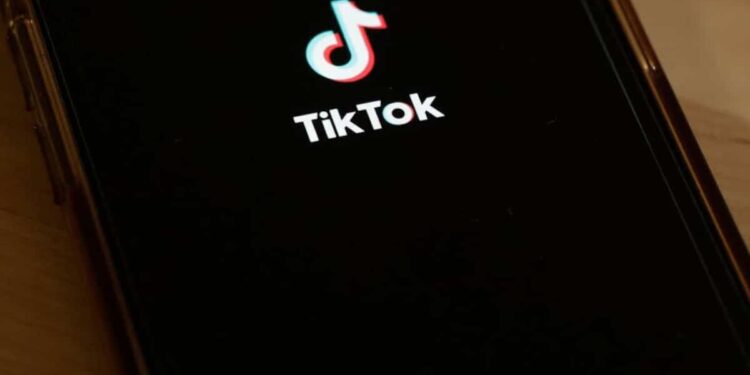The United States ambassador to China on Friday deemed Beijing’s position on the potential ban on TikTok on American soil “extremely ironic”, given the censorship practiced by the Chinese Communist Party.
• Read also: TikTok under the microscope of Canadian intelligence
• Read also: TikTok threatened in the United States: Beijing denounces “thug methods”
• Read also: United States: the House of Representatives adopts the text that threatens TikTok with a ban
The American House of Representatives adopted a text on Wednesday which, in the event of a favorable vote in the Senate, would force the popular application TikTok to cut ties with its Chinese parent company ByteDance, under penalty of being banned in the United States.
After the vote, China on Thursday accused US lawmakers of trying to help steal the fruits of a Chinese company’s work. She also denounced the “pressure intended to unfairly exclude foreign companies”.
The United States Ambassador to China, Nicholas Burns, considered Beijing’s position unjustified because the Asian country itself prevents many Western and particularly American sites from being present on Chinese soil.
“I find it extremely ironic that Chinese government officials … have criticized the United States over the debate we are currently having on TikTok,” Mr. Burns said during an online discussion hosted by the East -West Center, a research organization headquartered in the United States.
“They don’t even want TikTok to be accessible to China’s 1.4 billion people,” he said.
“That’s the irony”
A private company, ByteDance has a twin application of TikTok in China, called Douyin, popular and specific to this market.
Beijing did not fail to ridicule the American ambassador’s comments.
“A country (the United States, editor’s note) which (…) presents itself as a market economy uses the power of the State to exclude certain companies, that’s the irony,” commented Wang Wenbin, a spokesperson for Chinese diplomacy interviewed by the press.
China tightly controls the spread of information online and forces Chinese social networks to remove content it deems politically sensitive.
Many foreign sites such as Google, Facebook, YouTube and Instagram are inaccessible in China.
This blockage can, however, be circumvented using a virtual private network (VPN), in the form of a mobile application that some Chinese buy and have on their phones or computers.
TikTok has for several months been in the crosshairs of American authorities who believe that the application of short videos potentially allows the Chinese government to spy on and manipulate American citizens.
Allegations which have not been proven and which are firmly denied by TikTok and ByteDance.
The fate of the American bill is uncertain in the Senate, where prominent figures oppose such a radical measure against an application that is extremely popular, particularly among young people.
US President Joe Biden said that if passed in the Senate, he would sign the text into law.



